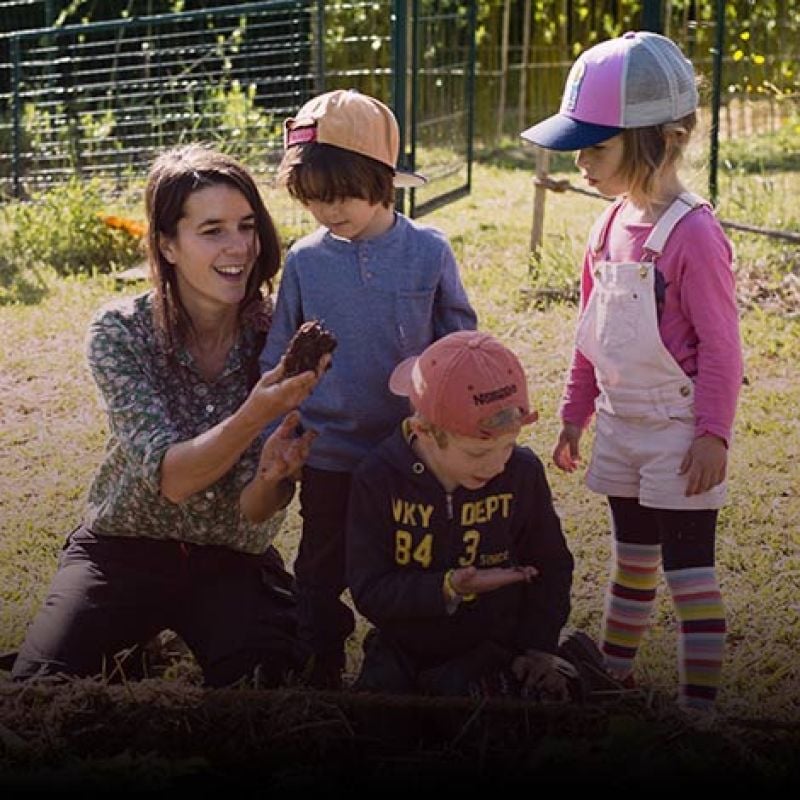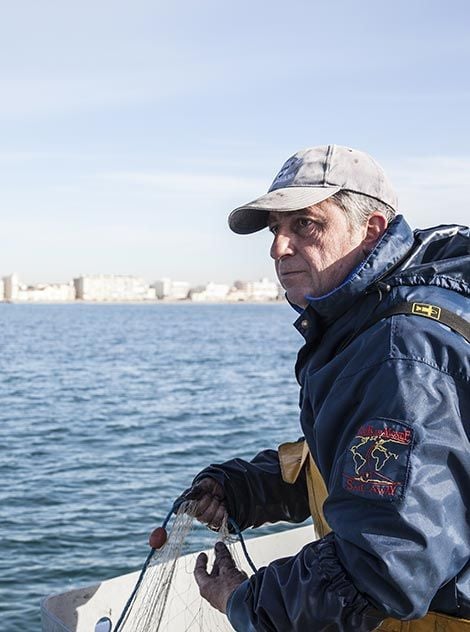Across the globe, lockdown and a reduction in travel and trade led to a drop in atmospheric pollution levels, with a positive impact on wildlife and plants. It has now become critical to change our habits in order to lastingly preserve our natural resources, safeguard biodiversity and temper the effects of climate change.
Cooperation as a way of accelerating ecological transition
Environmental issues and ecological transition are challenging humanity to radically reinvent our development, production and consumption patterns. To tackle this major transformation, public regulation is key but so is the engagement of citizens, local authorities, nonprofits and companies. This is because a new lifestyle can only be accepted if it has been created jointly with all local stakeholders. Fondation de France and the donor-advised funds active in this area support ecological transition with innovative, local and collective initiatives.
Whatever the location (rural, urban, suburban, mountain area, etc.) and whatever the topic (energy, climate, agriculture, food, biodiversity, waste, etc.) the Fondation de France Ecological Transition program supports projects:
- which address environmental and social issues, by tackling ecological transition as a lever for the transformation to a more inclusive society;
- which combine the experimentation, implementation and dissemination of best practices;
- which rely on cooperation among a range of actors and, reinvent shared commons locally.
Focus on coastlines, increasingly attractive yet vulnerable areas
Coastlines are among the areas most impacted by climate change and shrinking biodiversity. Coastal areas harbor 80% of marine biodiversity and 20% of the global population. Because of demographic pressure, polluting discharges and overfishing, both coastal and marine ecosystems are under threat.
For the past 50 years, changes have been swift and worrying. Beach erosion, the extinction of certain species, the depletion of fish stocks and the development of epidemics in shellfish farms are all witnesses to these changes.
Protecting the coastline demands a better understanding of these changes and requires collective thinking, for sustainable management. This is the object of an action-research project, Coast and Sea, led by Fondation de France in 2011. Collaborative research projects involve scientists (biologists, geographers, geologists, etc.) and people on the ground.
Inventing the future with new development models
Supporting networks of engaged citizens is also a key strategy nowadays. As part of the Inventing the Future program, Fondation de France has identified a number of players who are able to innovate and test, develop and disseminate best practices in ecological transition. They include the Terra projects, combining the Housing program with an environmental approach and the Transition Campus, which trains the younger generation on transition methodologies.




